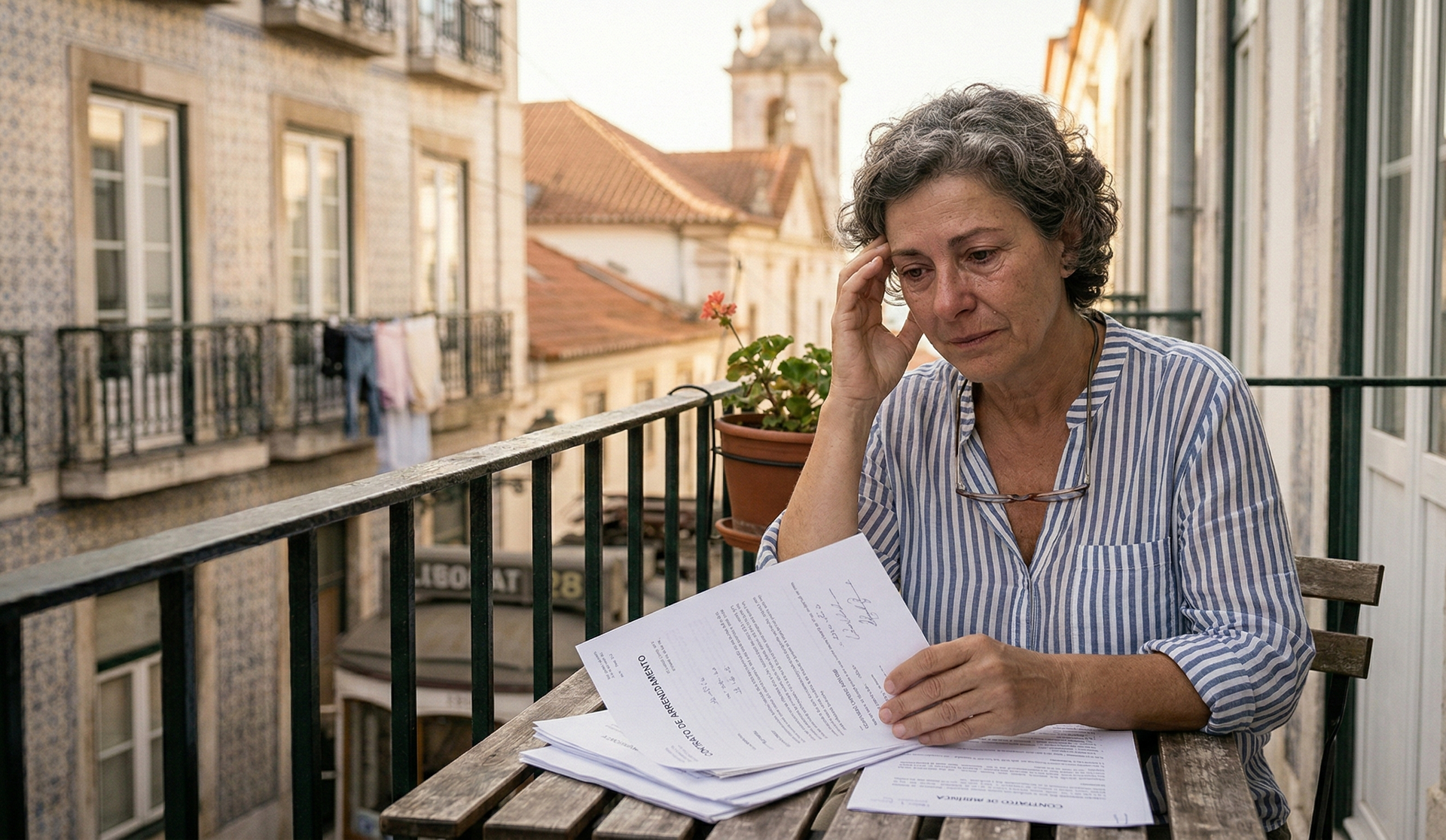Am I Eligible for Portuguese Citizenship Through a Civil Partnership with a Portuguese Citizen?

Florbela Lopes | Lawyer
Marriage is a legally recognised union between two individuals, formalising their status as spouses. This bond grants the couple specific legal privileges and responsibilities, encompassing property ownership, inheritance claims, and fiscal advantages, amongst others.
On the other hand, a civil partnership is a legally recognised union between two individuals that offers many of the same rights and responsibilities as marriage. It was originally introduced as an alternative to marriage in Portugal in 2001, through Law No. 7/2001, which established the legal framework for couples living together as a family, under conditions analogous to spouses, without being formally and legally married.
Under Portuguese Law, a spouse or lifetime partner of a Portuguese Citizen can acquire Portuguese citizenship after a minimum of three years of marriage or civil partnership, provided they are of legal age or emancipated. Additionally, the applicant must not be serving in the military or as a civil servant for another country unless in a non-conscript or non-technical role. They must also demonstrate regular contact and meaningful connections to Portugal. Notably, if the marriage has lasted over six years, or if the couple has shared children with Portuguese nationality, any opposition to the acquisition of Portuguese nationality is not permissible regarding this required effective connection to the Portuguese community.
Nevertheless, acquiring Portuguese Citizenship through marriage and civil partnership requires the submission of various documents.
While a marriage certificate is mandatory to prove the relationship between spouses in Portugal, the judicial recognition of the civil partnership is imperative to establish and prove the civil partnership.
Unlike marriage, these civil partnerships do not require mandatory registration in Portugal. To prove cohabitation with a Portuguese citizen for over three years, you must file a legal action for recognition in the Portuguese Civil Court. Consequently, a copy of the court judgment must accompany the citizenship application, serving as proof of the partnership.
Without this judicial recognition, as with the absence of a marriage certificate, applications for Citizenship are likely to be rejected. Remember, if you get married in a foreign country, it is crucial to transcribe your marriage into the Portuguese civil registry to ensure its legal recognition.
Effective Connection to the Portuguese Community
An "effective connection to the Portuguese community" will be deemed to exist if at the time of the citizenship application, at least one of the following requirements is met:
- Being born in, and a national of, a Portuguese-speaking country, having:
- Either been married to, or in a life partnership with, an original Portuguese citizen for at least five years;
- Or had children through the marriage or lifetime partnership based on which Portuguese citizenship is applied for, provided such children have been registered as original Portuguese citizens.
2. Having sufficient knowledge of the Portuguese language, provided the applicant has been married to, or in a life partnership with, an original Portuguese citizen for at least 5 years.
3. Having legally resided in Portugal during at least the 3 years prior to submitting their application, and must be registered with both the Portuguese tax office and national health service, and:
- Has either attended an educational institution within national territory;
- Or demonstrates knowledge of the Portuguese language.
4. Having legally resided in Portugal during at least the previous 5 years and being registered with both the Portuguese tax office and national health security system.
In case one of the above requirements is met, the effective connection to the Portuguese community will be generally accepted without dispute.
Basic Portuguese
The law sets forth that the applicants for citizenship attest that they have an A2 level of Portuguese language skills, in accordance with CEFR, the Common European Framework of Reference for Languages. The A2 level Portuguese exam for foreigners is also called CIPLE, which consists of social communication, written and oral texts, and an understanding of speech acts, themes, and more.
Further information on the venues, dates, and procedures of the Portuguese exam can be found on the websites of Instituto Camões and CAPLE (the University of Lisbon's Centre for Portuguese as a Foreign Language). Whilst you are free to learn Portuguese wherever you want, you must take the required exam at one of the venues listed on the CAPLE website.
Alternatively, the applicant for citizenship can obtain the A2 level Portuguese certificate providing proof of attendance in a course for 150 hours in an accredited school or centre in Portugal or another Portuguese-speaking country.
For your Portuguese Citizenship application to be approved, it is vital to ensure that all requirements are correctly assessed and fulfilled. This process involves a thorough evaluation of your application against the set criteria, making it imperative to pay close attention to detail and provide all necessary documentation to meet the standards set by the governing bodies. Successfully meeting these requirements is a key step towards achieving approval for your citizenship request.
Should you wish to further discuss this matter, please feel free to
reach out to us at any time.










